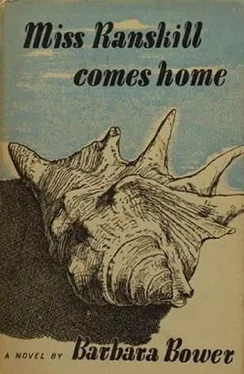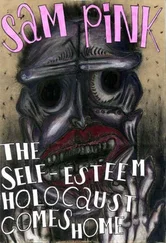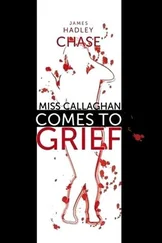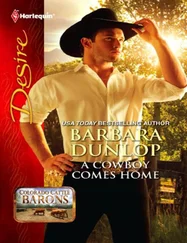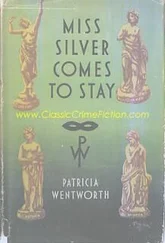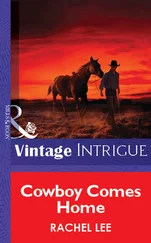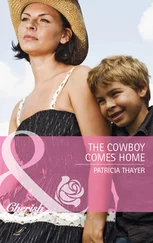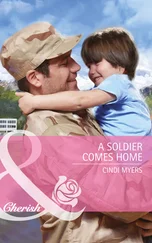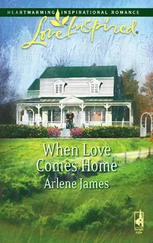In some ways, the moonless nights were even better. Then the tiny illegal strips of light, chinking down the sides of cottage windows, gave her excuse to knock. Sometimes she would be given a cup of tea or an apple: and a slow easy friendship would be made in that friendly hour between today and tomorrow, when evening has slipped away and morning is still far off.
Sometimes there would be an encounter on the road with a soldier, who had snatched the last hour of his embarkation leave and was walking to the town to catch the midnight train. The soldiers were mostly local lads, a little sad after their recent goodbyes, a little solemn at the thought of what might be coming; but glad to meet a middle-aged woman to whom, just for a moment or two, and because she was almost a stranger, they could stop pretending to be real soldiers and show what was in their minds before they turned the corner that ended her beat.
Other wayfarers went overhead – the great night bombers on their flights to France or Germany or the Low Countries. Their lights helped her to conjure up their shapes – the long bodies and the great stiff wings. Her own thoughts soared with them as she tried to understand the feelings of the men in the machines. Were their minds exalted as their bodies? Were they excited? Did they think of the return or only of the setting forth? Were they afraid, or numbed to a sense of fatality? Were they squandering their thoughts, fussing perhaps over a mounting mess-bill, feeling irritable or nagged by the difficulty of finding lodging for their wives in the crowded villages near the aerodrome? Or were they, perhaps, concentrating on the beauty of the moonlight, looking their last on all things lovely, so that they could store it up as spiritual armament against what might befall, if ever they needed to turn their inward eyes towards an English moonscape at the moment when the foreign ground roared up to meet them?
It was easier to hear them go when she was helping (or trying to help) to safeguard the land they were leaving than when, lying in her bed, she listened to the pulsing of the machines overhead, beating like heavy hearts in rhythm one with another. Then it seemed betrayal to feel sleepy, to turn between the sheets while the engines beat out their reproach – Could ye not watch with me one hour, one hour, one hour? Could ye not watch with me one hour?
Often, towards the end of a night-patrol, she watched the machines coming back. One safe, another and another and another. Surely there was a gap in that formation? No, another lonely one was coming in. Soon the men would be breakfasting in the mess; they would have made their reports, and, later in the day, she might see some of them in the village, unchanged outwardly, carrying their wounds and scars within.
She knew now what happened when a bomber crashed.
One day when she was harvesting, alone with an old farmer in an upland field, a low-flying bomber had swooped towards them, tilting its wings while the shadow it threw rocked in blackness across the golden stubble, then turned and flew away.
‘Like a great bird!’ said the farmer.
They watched it fly low into the valley, swoop towards a hedge, rise, clear it, and go winging its way towards a belt of trees that fringed the village.
‘Queer!’ said the farmer. ‘I’ve never seen a bomber stunt like that.’ He turned to his stook, but Miss Ranskill stood watching. Even in that moment, she felt a little guilty. She was used to aeroplanes by now and should have learned better than to stand, like a lazy child, gazing at something that would relieve the monotony of stooking.
The bomber couldn’t possibly be so near the ground as it looked. It couldn’t surely be going to land in front of those trees. Suddenly it rose on its tail, its wings outstretched like giant arms in the position of crucifixion – up, up – and, with what seemed no more to spare than when a Grand National horse clears Beecher’s Brook – over. Then, a crash (a memorable horror of sound so impressing itself on Miss Ranskill’s mind that she recognised it again on nights when others said bombs had fallen) and a pillar of smoke rising black against the sky.
The aeroplane had managed to fly just clear of the village. The young men had saved the old ladies, but three of the crew were killed.
II
One morning, when Miss Ranskill had entered a field of corn that had been cut the day before, she saw that a girl was sitting by the side of the hedge. Her dark hair was tumbled across her cheek and her head was bent over something she was making a lap for. The sight of her roused memory, and, as Miss Ranskill walked nearer and saw what she was holding, she realised it was significant that a girl, who looked as this one did, should be nursing a rabbit so tenderly. A girl and a baby rabbit, where had she seen the two together before?
She turned a stook with her pitchfork, seeing dew-silvered cobwebs against the gold of the straw, seeing the amazing red and blue brilliance of the trespassing flowers that always seemed to draw more colour from a wheat-field than from any other soil. But she was watching another scene as well, a scene in a cellar where a bare-legged girl, looking at her young man, had somehow reminded her of a young and very frightened rabbit newly aware of horror in the world.
‘Does it matter my being here?’ The girl was looking at her. She was also soothing the rabbit with her fingers.
‘No, of course it doesn’t. We’ve met before, haven’t we?’
The girl furrowed her forehead.
‘It’s all right , my pet: don’t wriggle so. Sorry! I wasn’t speaking to you. Yes, I think we did meet, but I can’t remember quite where–’
‘In Marjorie Mallison’s cellar.’
‘Oh! yes, of course. It was the night our house was bombed out and Mummy and I and you and Rex – and you were kind. It’s awful of me, but I can’t quite remember your name?’
‘Ranskill, Nona Ranskill. And you’re Mrs Mallison now.’
The gold of a slim wedding-ring was half buried in rabbit’s fur until the girl lifted her left hand a little.
‘To strangers I am. I’d rather be Lucy to you, though. Don’t you remember how we talked that night, and how I hadn’t any wedding-clothes or anything?’
‘And now?’
Miss Ranskill dropped her coat by the hedgeside and sat down.
‘Same clothes.’ Young Mrs Mallison patted her brown tweed skirt. ‘And they gave me some extra coupons.’
That wasn’t what Miss Ranskill wanted to learn.
‘Look at this poor little rabbit. It’s sopping and frightened. It must have been out all night. It doesn’t seem damaged though. I wonder if it got a wump on the head from one of those beastly harvesters and hid and then sort of fainted. It’s coming round now.’
‘Probably it did.’
Miss Ranskill fingered the soft fur, grey like matted cobwebs where it was not darkened by dew. She remembered the last strip of corn and the gang of children surrounding it. Their knuckles had whitened as they gripped their sticks tightly, and, as the terrified rabbits darted towards the cover of the fallen stooks, shrilled an age-old cry of persecution – ‘Yi-yi-yi. Yi-yi-yi.’
‘Sorry, I suppose you are a harvester too.’ The girl glanced towards Miss Ranskill’s pitchfork.
‘Yes, but not that sort. It’s the one thing I hate about harvesting, especially when the little girls join in.’
‘It seems so frightful somehow, just as though there weren’t enough ghastly things going on.’
Miss Ranskill looked at her anxiously for a moment and then her anxiety slipped away. For the girl had that undefinable bloom on her that flourishes through love and cherishment. There was serenity on her forehead and awareness in her goldeny eyes. Possession shone in her. She had her armour now against bewilderment and fear and loneliness, if these things should assail her.
Читать дальше
